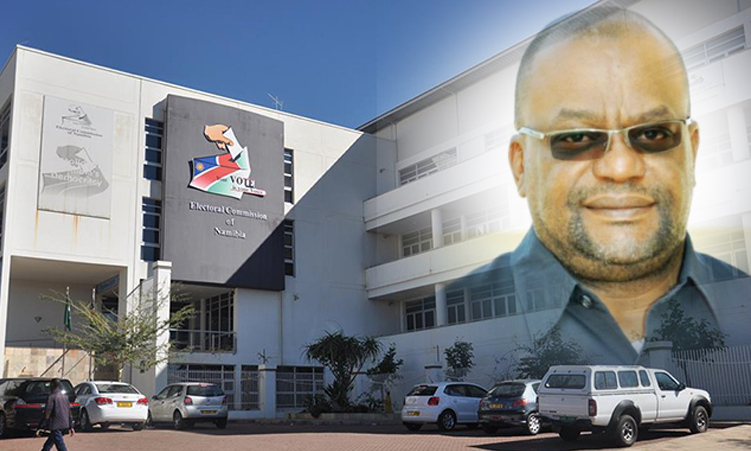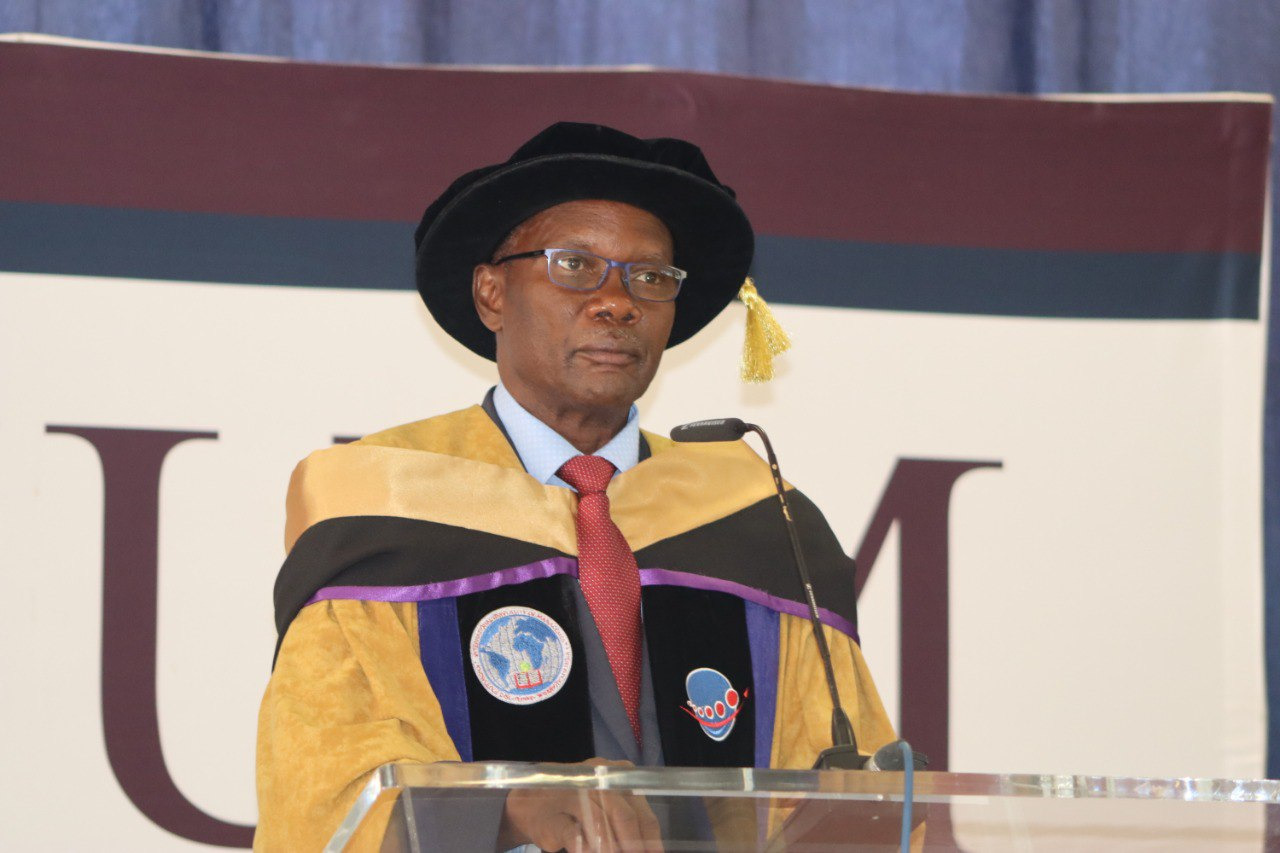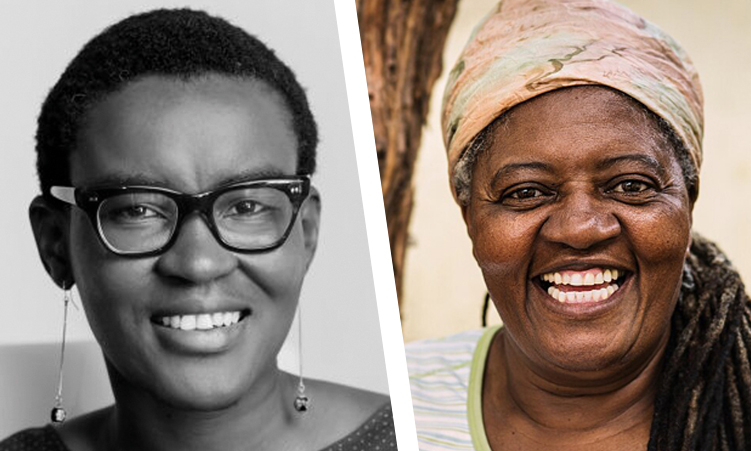Michael Tjivikua, who was disqualified on Friday from competing for the post of chief electoral and referenda officer of the Electoral Commission of Namibia (ECN), says he did not think it was necessary to declare that he served in Swapo’s think tank two years ago.
Tjivikua, who was initially among five men shortlisted for the top post at the ECN, said this while being interviewed for the ECN job on Friday.
“I did not deem it as a high-profile aspect that I need to put out, and I am no longer a member of the Swapo party think tank.
“So, I would say it’s probably just an oversight on my part,” Tjivikua told the interview panel.
He was shortlisted alongside Petrus Shaama, the director of electoral operations at the ECN, Helmuth Naweseb, a legal officer in the Office of the President, and former academic Vincent Sazita, as well as Oscar Muyatwa, a director in the Office of the Prime Minister.
ECN chairperson Elsie Nghikembua told Tjivikua that the ECN could not continue with the interview, because he failed to disclose that he served in Swapo’s think tank.
“As a commission, we are of the opinion that because you did not make all the declarations we require, especially this declaration of being a member of the Swapo think tank, you applied your own discretion not to disclose it,” she said.
“You are disqualified from this process because you have withheld this information which, to the commission, is very important,” Nghikembua said.
Phone calls and messages to seek further clarity from Tjivikua remained unanswered at the time of going to print.
Before Tjivikua was disqualified, Popular Democratic Movement (PDM) legislator Elma Dienda launched an objection, saying since it is widely known that Tjivikua has been an active and “influential member” of Swapo’s think tank, his appointment as ECN head could potentially lead to a conflict of interest.
“This crucial role should be served by an individual whose impartiality is beyond question. Tjivikua’s political affiliation reasonably raises doubt among Namibians about the fairness and impartiality of our electoral process, thereby undermining the trust in and integrity of the ECN and the elections it oversees,” she said.
Dienda said public confidence in the ECN is essential for the maintenance of a democratic society, and this confidence could be significantly eroded by an appointment of a person with a link to a political party.
“In the interest of preserving the sanctity of our electoral system, I believe it would be prudent to allow an individual who can objectively fulfil the role free from any potential bias or favouritism,” she said.
Political commentator Rui Tyitende says Tjivikua was being professionally dishonest by not declaring material information before and during the interview process.
“If he was unable to declare such vital information before being appointed, how could the public and the various stakeholders possibly trust him if he had emerged successful as the chief electoral and referenda officer?” he asks.
He says the position requires impartiality and complete transparency.
“I suspect he knew the political ramifications . . . hence the decision to strategically and conveniently omit it,” Tyitende says.
However, political analyst Ndumba Kamwanyah says being a member of a particular party should not be used as a reason to disqualify a candidate for the position of ECN head.
He says some previous ECN heads actively served in the ruling party, such as the former deputy minister of regional and local government and housing, Gerhard Tötemeyer.
Tötemeyer was the director of elections from 1992 to 1998.
He became a member of parliament in 2000 and served in this position until 2005.
“I don’t know why the farce now. Namibia has too small a population, and many people in one or another way belong to a political party.
“Where are you going to get an apolitical party candidate? I don’t think it’s unethical . . . as long as they meet the requirements,” Kamwanyah says.
He says individual ethics must be separated from belonging to a political party and people must be judged on their personal ethical standards, not on the party they belong to.
“Failure to declare would have made a strong case against the person in question. But this case also suggests the need for clear predetermined procedures and criteria based upon which people can be excluded from contesting for the position.
“The PDM must not just be reactive, but proactive and, as a key stakeholder, should have flagged the issue before the job was advertised,” Kamwanyah says.
Stay informed with The Namibian – your source for credible journalism. Get in-depth reporting and opinions for
only N$85 a month. Invest in journalism, invest in democracy –
Subscribe Now!






